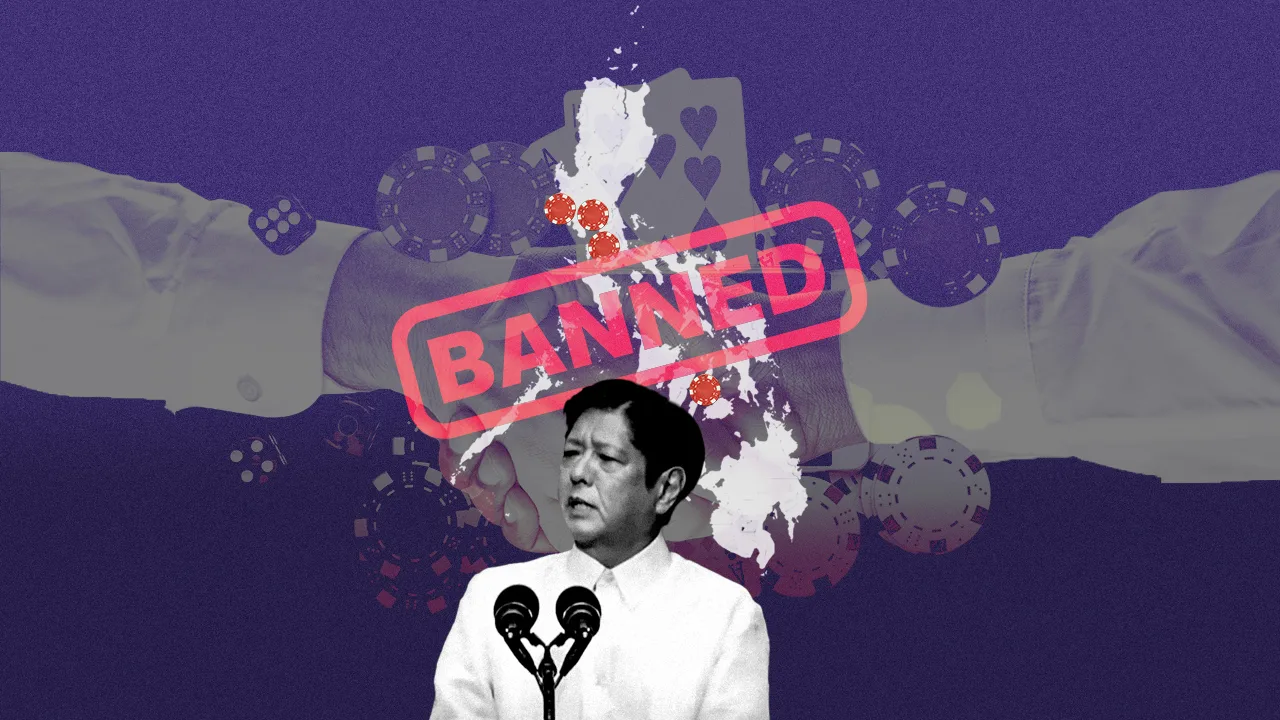
Philippine Senate Panel Recommends Ban on POGOs
On September 20, 2024, the Philippine Senate Committee on Ways and Means recommended a complete ban on Philippine Offshore Gaming Operators (POGOs), citing concerns over their involvement in criminal activities and negative social impacts. This recommendation marks a pivotal moment in the country’s relationship with the offshore gaming industry, which has been a contentious issue for years.
Background on POGOs in the Philippines
POGOs were first introduced in the Philippines as a regulated industry aimed at generating significant revenue through licensing fees and taxes. These operators provide online gaming services to foreign markets, primarily in Asia. Over the years, POGOs became a booming industry, contributing to government income and creating employment opportunities.
However, the sector has faced growing criticism due to its association with illegal activities, including human trafficking, money laundering, tax evasion, and organized crime. Reports of kidnappings, prostitution, and other criminal activities linked to POGO operators have intensified calls for stricter regulation or outright prohibition.
Key Findings of the Senate Panel
The Senate Committee on Ways and Means, chaired by Senator Sherwin Gatchalian, conducted extensive investigations into the impact of POGOs. The findings formed the basis for the recommendation to ban the industry. Key points from the committee’s report include:
- Criminal Links: Evidence showed a direct connection between POGOs and crimes such as human trafficking, abduction, and fraud.
- Economic Costs vs. Benefits: While POGOs contribute to government revenues, the social and security costs far outweigh the financial gains. Addressing crimes linked to POGOs imposes a significant burden on law enforcement and public resources.
- Reputational Damage: The report highlighted the negative perception of the Philippines due to the proliferation of offshore gaming operations, affecting the country’s image as a safe and law-abiding nation.
Economic Considerations
While the POGO industry has provided employment for thousands of Filipinos and added millions of dollars to government coffers, the committee argued that the benefits are marginal compared to the costs. According to the report, revenues from POGOs have been declining in recent years due to stricter tax enforcement and growing competition from other jurisdictions. This decline, coupled with the increasing prevalence of crime, has rendered the industry more of a liability than an asset.
Legislative and Policy Implications
The Senate panel’s recommendation is a significant step toward phasing out POGOs, but it will require legislation to be implemented. Senators have expressed mixed views on the proposal:
- Supporters of the Ban: Senator Risa Hontiveros emphasized the need to protect the Philippines’ reputation and ensure public safety, highlighting that the country cannot allow its name to be tarnished by offshore gaming scandals.
- Concerns Over Job Losses: Critics of the ban point out that shutting down the industry will displace thousands of workers and affect businesses that rely on POGO operations.
Our Perspective
At Casino Review King, we view the Senate’s recommendation as a necessary measure to address the growing concerns surrounding POGOs. While the industry has contributed to economic growth in the past, the mounting social and security risks underscore the need for decisive action. Banning POGOs would send a strong message about the Philippines’ commitment to combating crime and maintaining public welfare.
However, this decision must be accompanied by plans to mitigate the economic fallout, including job displacement. Policymakers should focus on fostering alternative industries that can absorb the affected workforce while generating sustainable revenue for the government.
Conclusion
The Senate’s call to ban POGOs represents a significant turning point in the Philippines’ stance on offshore gaming. While the decision prioritizes social and security concerns, it also raises questions about its economic impact and the future of the country’s gaming sector. As the legislative process unfolds, the focus will remain on balancing public welfare with economic stability, ensuring that the Philippines emerges stronger and more resilient.















